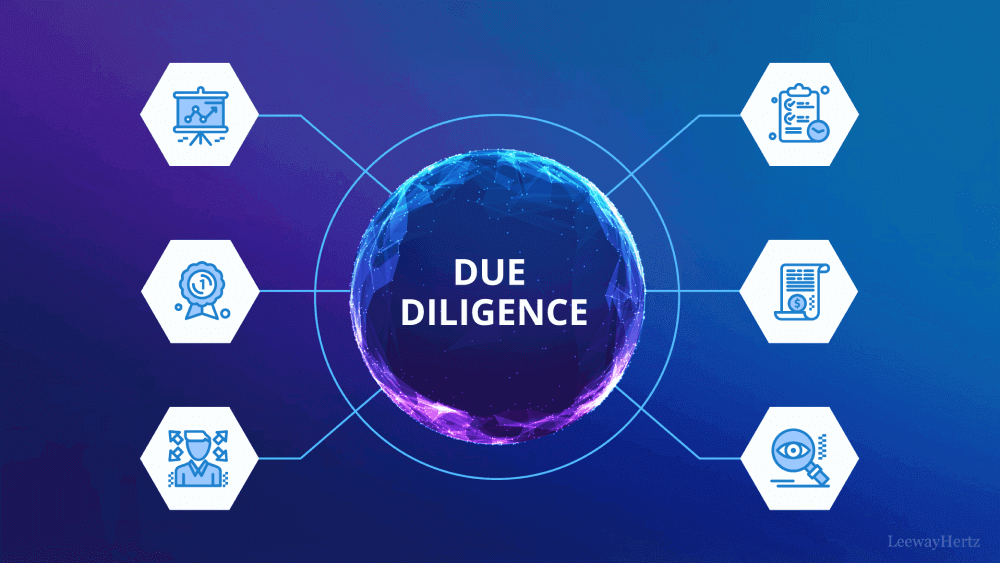
The business world is becoming broader., which makes it prone to complexities that negatively impact any brand. Entering in the new global markets can be frightening due to possible troubles that a company might be facing, such as:
- corruption
- money laundering
- data privacy breaches
- export controls
Avoiding all these troubles can be very challenging. If you are doing an investigation manually, it takes much time, which can affect real and potential investors. To avoid all these troubles, better check and use a software vendor due diligence checklist for the right type of due diligence you need.
The enterprise risk management professionals have confirmed that the risk has risen. Yet, more concerned here is the growing risk attributed to the increased reliance on third parties. It is almost impossible to do business without making a contract with the vendors, you must learn to manage the risk through working on due diligence on every third party you are dealing with. One useful tool for enterprise processes is a vendor due diligence checklist.
Vendor due diligence checklist
VDD (vendor due diligence) is a thorough assessment or investigation to vet the vendor you contemplate taking on. You must approve the vendor when satisfied if it meets or makes improvements to meet the expectations and requirements. After the vendor is on board, you must continue monitoring the cybersecurity posture.

Types of third-party risk
Risk professionals and procurement can manage cyber security risks by categorizing them into various buckets. including:
- Operational risks. It is a type of risk caused by the following:
- operational processes
- system failures
- internal data breach
Operational risk assessments include examining several factors in the company, such as:
- disaster preparedness plan
- business continuity plan
- company code of ethics
- past litigations
- Financial risk. Due diligence includes a review or assessment of whether vendors met financial info tax obligations. Companies evaluate this by assessing the following:
- Vendor’s financial loans
- Assets
- Compensation structure
- Balance and load payments
- Important tax documents
- Political risk. The vendors pose a political risk to the company if they have politically exposed persons on the board or staff, named on watch lists or located in countries, included in any global sanctions lists.
- Reputational risk. The company’s reputation can be harmed by the following risks:
- negative public relations
- violations of regulations or laws
- security incidents or data breaches
- customer complaints
- negative assessments of third-party vendors
Vendor due diligence depends on the company’s ability to tolerate the risk.





